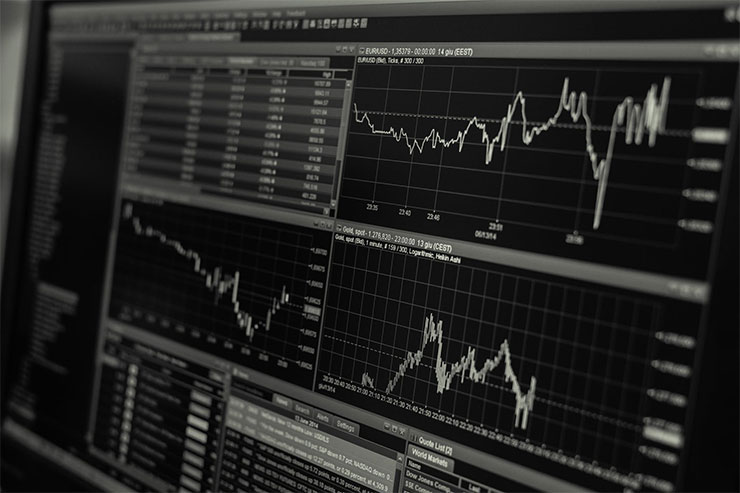For those who have business interests and investments in the MENA region – covering North Africa as well as the Middle East – there are certain variables that are difficult to predict, but which can affect investments and markets globally. In a region that is often seen as at odds with the United States, and has, in the past two decades, been embroiled in conflict, there is an element of instability to the region that bleeds over into markets. From oil prices to international businesses, this guide shows how your interests might be affected by events in the Middle East.

Table of Contents
Oil Prices
The price of oil, in many ways, underpins the performance of different industries and companies across the world. Any industry or business that uses oil, and is thus affected when oil prices rise, will show changes in the market as a response to events around oil fields in the Gulf and other areas in the region. As such, it’s important to monitor how the oil fields are managed, and the trends in the global trade of oil, if you have investments in this crucial resource that you want to make money from in the future.
International Business
Many businesses are situated in multiple countries across the world, including the Middle East. For such companies, especially those who have a solid base in the region, you’ll see a dip in performance as there are economic and military events that are difficult to predict in the region. Whether in the Lebanese protests or in Egypt’s revolution last decade, there are many variables that can lead to a change in stock prices across the world. Keep an eye on such events if you’re hoping to keep your investments in the region safe.
Trade and Production
While the region may be most synonymous with oil, there are, in fact, dozens of industries that are seen as centralized in the Middle East. From the production of woven carpets in Iran to the manufacture of drums and cymbals in Istanbul, there are diverse and interlinked industries in the Middle East that export to the world. These exports depend on labor supply and material supply – and so a free society and an unrestricted economy can help with importing and exporting ventures that link to this region of the world.
Changes in Leadership
One of the most important factors in the whole region is how open to the world each regime in each country is. Some are incredibly international in scope, and their leaders welcome foreign nationals, foreign investments, and foreign currency into their county. Meanwhile, others are more closed and isolationist. If a leader is changed, protests displace a leader, or an election delivers a surprise result, markets can change dramatically, as explained by researchers at IranForeignPolicy. With this knowledge, you’ll know the precise time at which to make a change to your investments or to dive into a new economy with your business plans.
Here, you’ll have learned some key factors to consider when investing or doing business in the Middle East region – tips that’ll help you navigate a complex and changing region of the world.











Leave a Reply